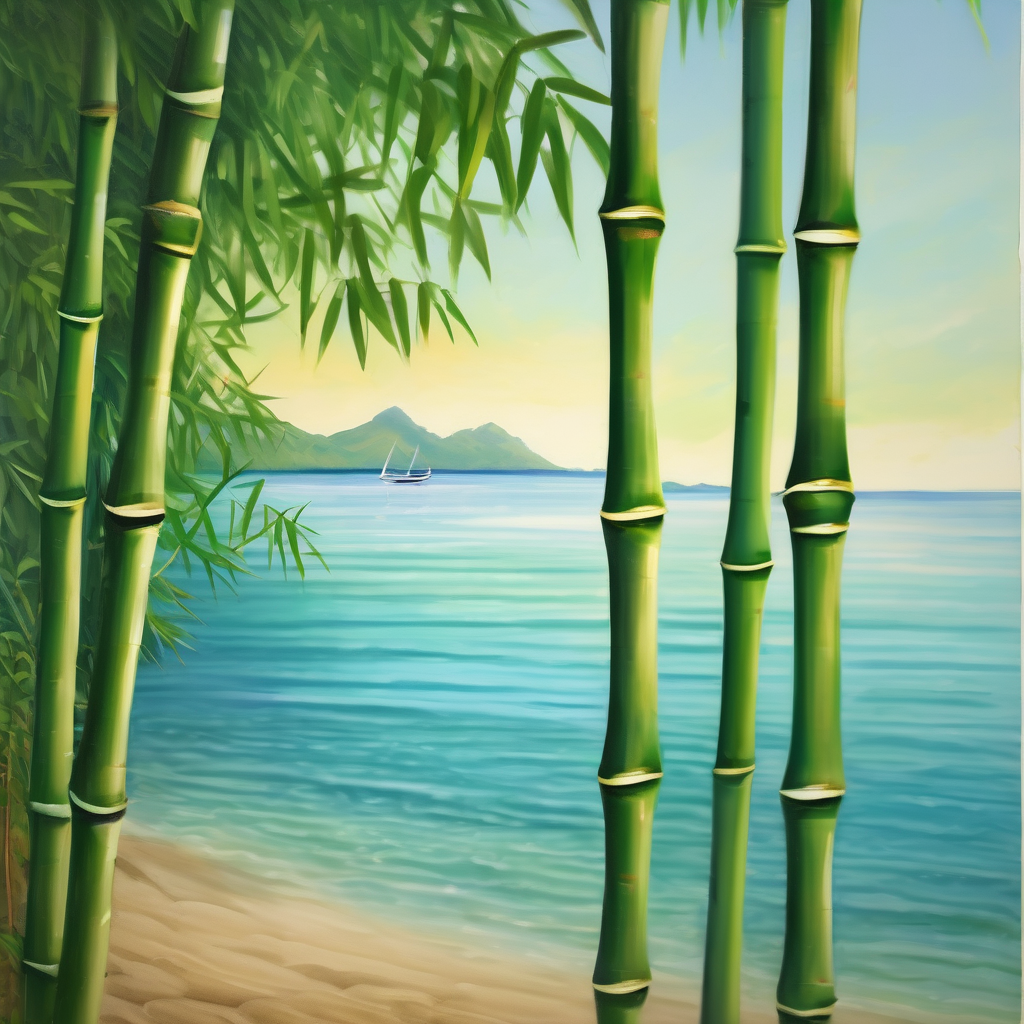On Nawi Island, situated in Cakaudrove Province, an ancient bamboo plant plays a crucial role in connecting the island’s history with its cultural heritage. Believed to have been introduced to the island by a demigod from Naitasiri, this bamboo has thrived for millennia, embodying the rich legacy of the island. Local tour guide Losefati Ligairi emphasizes that this plant transcends its botanical nature; it serves as a cornerstone of the island’s past.
“The bamboo you see is part of our history,” Mr. Ligairi remarked. “It has been here for centuries, and it is a symbol of our island’s past, which is still alive today.” The significance of this unique plant is augmented by the traditional rivalry, known as veitauvutaki, between the Naitasiri communities on Viti Levu and those from Vanua Levu. Rather than fostering animosity, this rivalry promotes mutual respect, showcasing the fellowship that links both regions.
This ancient bamboo, along with sacred sites such as local hot springs, acts as a living testament to the cultural narratives that inform the identity of the community. Indigenous Fijians, who settled on Nawi Island approximately 3,000 years ago, brought with them rich language, customs, and spiritual beliefs. Mr. Ligairi pointed out, “Our ancestors worshipped demigods and believed that the land, trees, and water were all sacred,” underscoring the bamboo’s role as a sacred connection to these ancestral beliefs.
Dedicated to safeguarding this ancient plant, local residents understand its significance not only for tourism but also for their cultural identity. As tourism grows in Fiji, concerns have emerged regarding the potential commercial exploitation of cultural sites. Local guides, predominantly from nearby Savusavu, are committed to sharing the history of the bamboo plant, ensuring visitors grasp its cultural significance.
“The stories surrounding the bamboo plant are passed down orally,” Mr. Ligairi explained. “These are not mere fairytales but important legends guiding our beliefs and actions.”
The narrative of Nawi Island is closely linked to Fijian cultural identity and heritage. Mr. Ligairi advocates for both locals and visitors to respect this ancient bamboo, asserting, “We must protect our origins and our traditions.” This sentiment reflects a collective determination to preserve cultural stories, ensuring that future generations appreciate the importance of this symbol of unity.
With the rise of eco-tourism in Fiji, initiatives like the Fiji Bamboo Project exemplify efforts to encourage sustainable practices while highlighting bamboo’s multifaceted uses. Its applications in construction, art, and culinary fields reiterate its importance in contemporary Fijian culture and environmental stewardship.
Visitors to Nawi Island are encouraged to immerse themselves in this living piece of history and contemplate the significance of preserving such cultural sites. Engaging with local guides provides a unique opportunity to delve into the rich stories surrounding the bamboo plant, contributing to the ongoing endeavor of honoring and safeguarding Fiji’s cultural heritage for generations to come.
